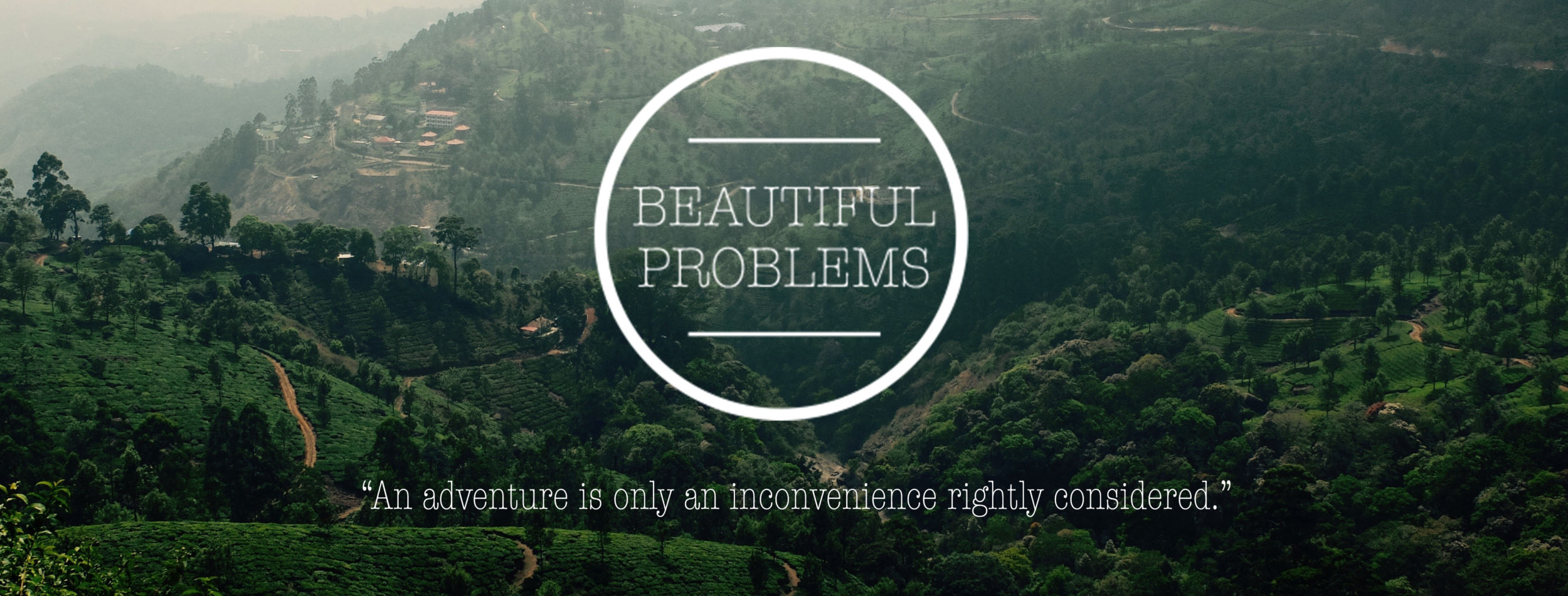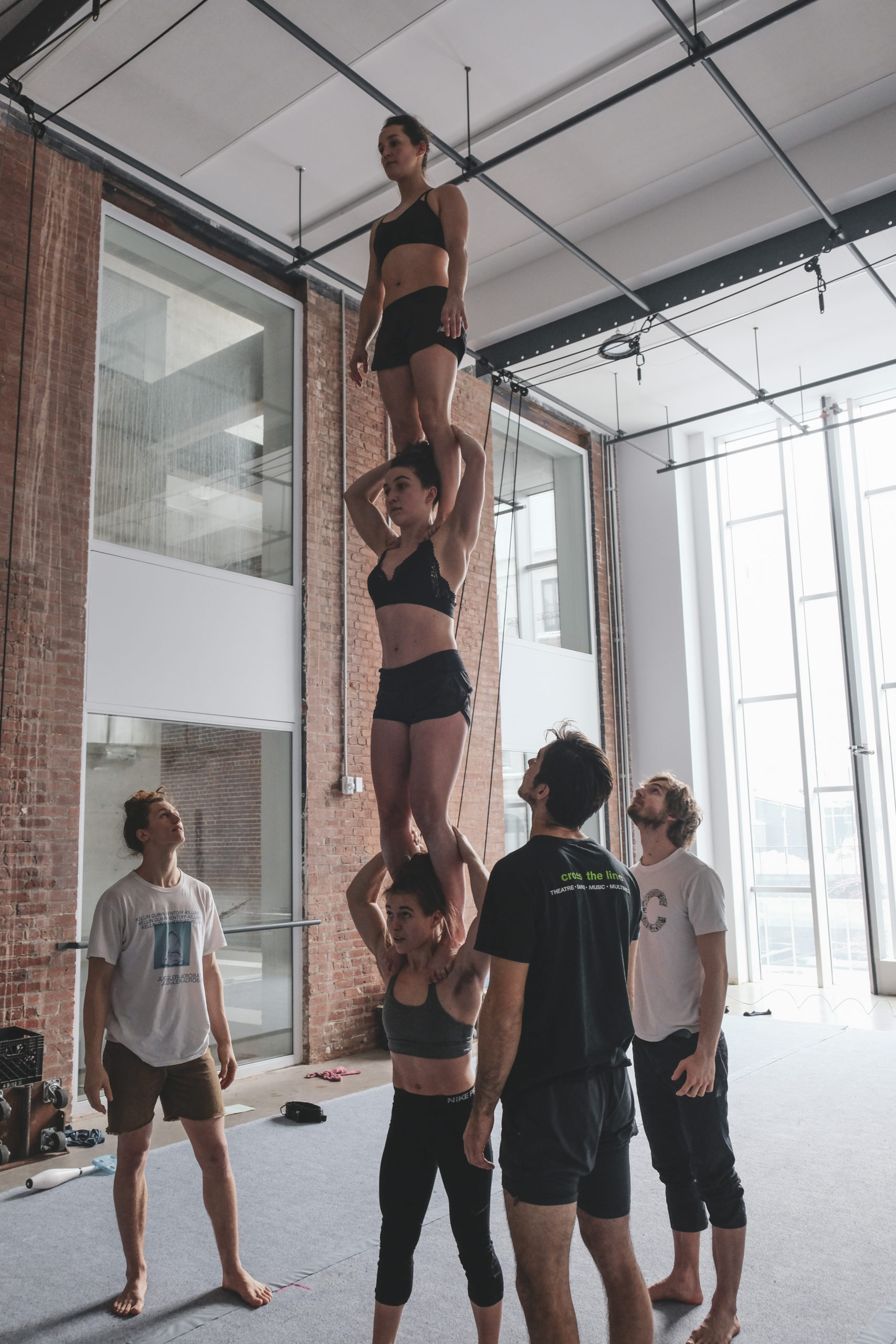You have the whole day free and the only things you need to do are buy TP, work out, and clean the living room. Boom, suddenly it’s 7pm and you’ve neglected to do any of them. Where did the day go? The trouble isn’t you, or buying TP.
It’s inertia.
I experience this all the time. When I’m home alone with the endless expanse of the evening in front of me, there’s only so long I can do things that are “productive”. I fritter that stretch of time away, enough to do all of the things on my to-do list and more, even as I’m knowingly doing the frittering. What it reduces to, and what I want to focus on in this article, is the biggest obstacle I have to getting things done- the inertia related to starting a task and how to overcome it.
Warming Up
Pretty much all tasks require some sort of warm up. Research says that after switching tasks it can take us an average of 23 minutes to get focused again. It seems logical to assume that when you begin a task it will take about that same amount of time to get “into it”. Writing, working out, climbing, playing guitar, juggling, programming… any work where you’re trying to overcome challenges that are difficult for you will take a warm up period.
When I write, I know to expect the first few pages to be uninteresting- I don’t expect them to be good. I’m getting into it, getting the ink flowing. The key is to sit down and start moving the pen, even if it’s just to write “this sucks” one hundred times. Setting my expectations low for the results in the beginning allows me to be kind to myself when I’m convincing myself to start. I trust that the ball will start to roll if I start to push.
When humans start tasks we are hardwired to want to finish them. In Atomic Habits, James Clear says to leverage this by making the starting point of your desired habit extremely easy at first. “I will put my running shoes on once a day.” “I will do one minute of meditation.” Once you’ve started with a small success you will want more. Build the habit of starting, and the runs will gradually grow in distance, the meditation sessions will last longer. Make the habit easy to start and to accomplish at first.
When it comes to physical creation, I believe that we are more creative (and/or enthusiastic) when sweating. Sweating takes work to get to. You can’t fake it. If your group is stuck, see if you can’t get the team sweating, then try your next improv/ idea.
The key isn’t to be motivated and productive 100% of waking hours, that’s impossible. The key is to overcome the inertia of starting. Don’t dwell on the decision. Stop whatever you’re doing that’s not the thing you want to be doing and get the desired task in your hands. Once I’ve closed the computer, or gotten the pen into my hand the hard part is done. Focus on the quick sharp shove that gets the ball rolling.
Motion vs. Action
Atomic Habits warns to be careful not to substitute motion for action. “Motion allows us to feel like we’re making progress with out the risk of failure.” Making to-do lists but not doing anything on them. Planning workouts but not working out. There’s a similar quote that gets tossed around that I like: “The perfect is the enemy of the good”. Don’t let yourself get paralyzed by needing to take perfect action before you take some action.
At first I found this contradictory, since using your energy to plan your habits is a good idea that is more reliable than having to rely on willpower. But you have to be careful not to let the planning act as a form of procrastination. Once the vacuum is out you’re not going to stop at just the kitchen, you’re going to vacuum the whole apartment. The hard part is getting it out.
My personal demon is the internet, the enemy of fulfilling pursuits. The deviousness of the internet is that it allows me to start “tasks” (opening windows) with no risk of failure, and no possible point of “completion”. (Except maybe here). I can keep “doing things” without doing anything. It takes a mental shove for me to start writing or pull out the guitar, but I’m always happy once I do it, and fulfilling activities repay the effort you invested into starting by giving energy and satisfaction in return.
Momentum
The good news to all of this is that once you start, once you get the project in motion, it will stay in motion. Better than that, it will build momentum.
When we started our show Sweat & Ink, as soon as we told people we were making a show (not “we’re thinking about making a show”…) the project immediately began to develop its own gravity, drawing in support, growing more and more real.
“Have you heard of these grants?”
“We can donate space for a residency.”
“I’ll run your company for you.”
All these things happened to us, but it took starting the project to draw them out.
Sweat & Ink is in motion. Barcode is in motion. They took big pushes to get started. Huge pushes. Scary amounts of effort. But if you spend 94% of the effort required to get the ball rolling and then give up, it’s for nothing. You need to push till it rolls.
Friends helped to push. We told people we were pushing and they came, over and over. Enough to keep the project creaking forward out of the inertia rut. They will do the same for you. That’s not to say it was easy, or that we didn’t spend a lot of time and energy pushing with no one watching, time spent doubting and cursing ourselves for undertaking such a big task; working on the show at the expense of easier activities, and relationships, and sleep. But the reward is in the journey, in the struggle and in the connections you meet along the way.
Branché
On a related note, I’m extremely excited to announce that we just finished our first two-week workshop (in space donated by The 7 Fingers!) on Barcode’s latest project, Branché. Branché is a collaboration with the group Acting for Climate, and is a show that addresses the climate crisis and rethinks how we can tour a circus show in a more sustainable manner.
So, since I have your attention, I wanted to put this out to the universe: we’re currently looking for someone, maybe an electrical engineer or a machine person (?) that can help us build human scale gravity lights, lights powered by the weight of humans hanging from pulleys. Know anyone?
Thanks for reading.

